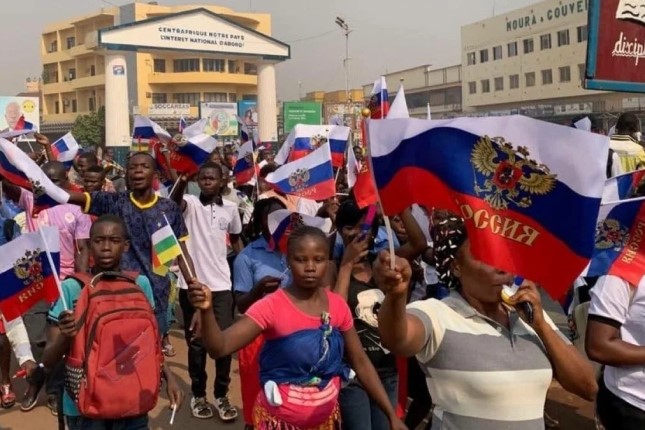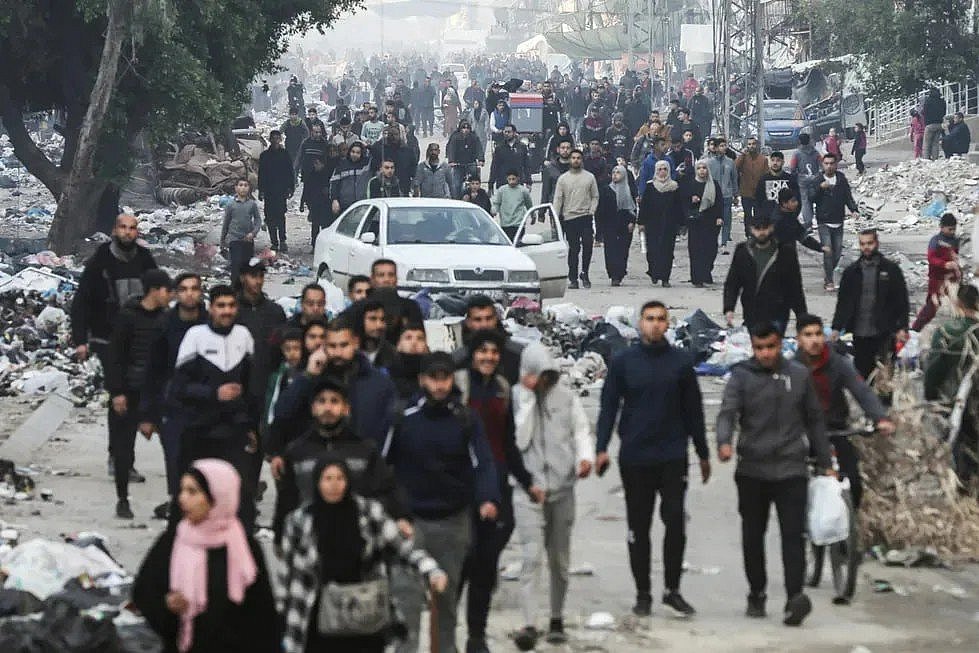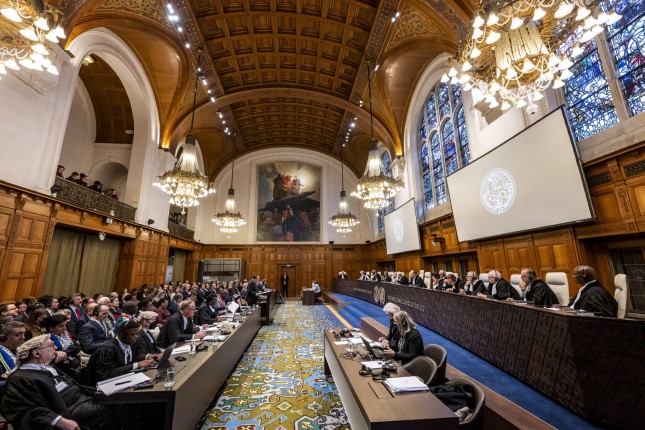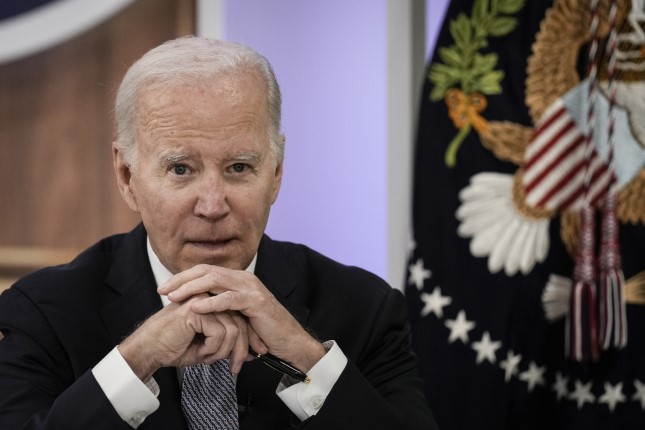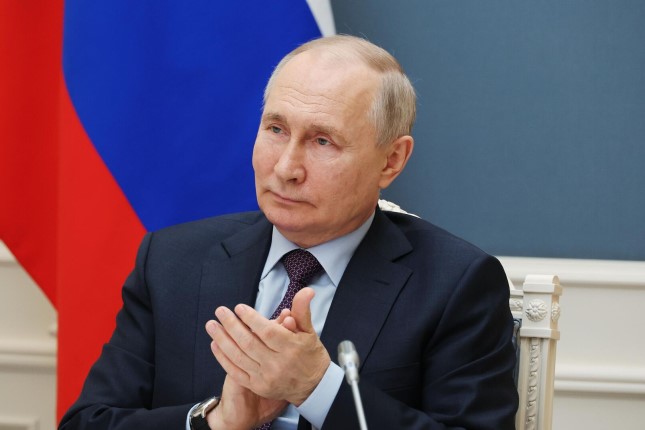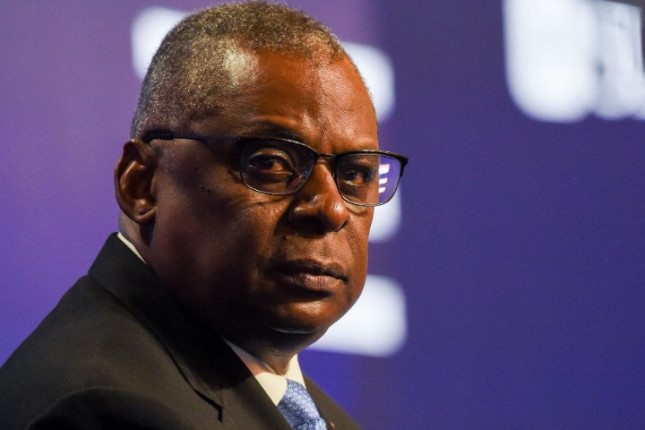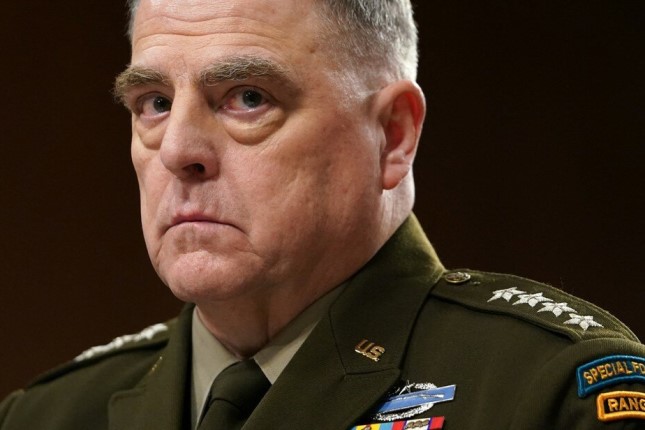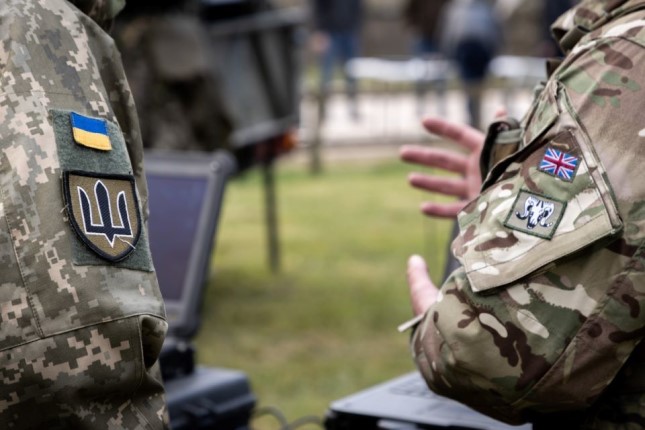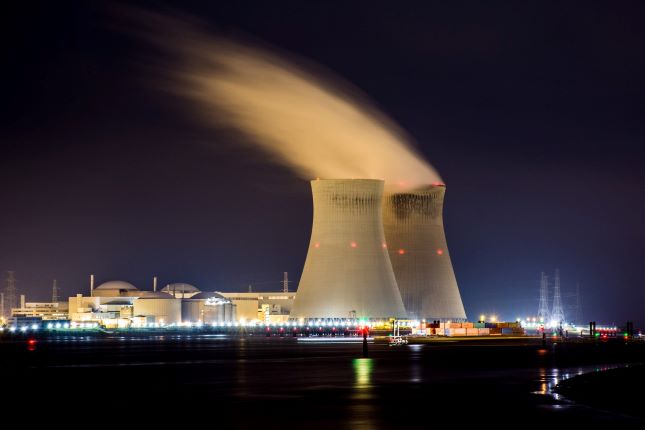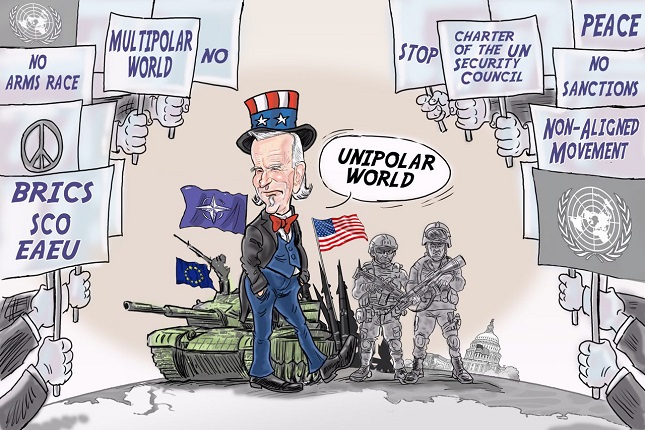Moscow is systematically increasing its presence in Africa and ousting traditional European players while spending minimal resources. The successful promotion of Russia on the continent is because only Moscow can help Africa with decolonisation and has proven mechanisms for implementing such a policy.
At the same time, contrary to its rhetoric, in reality, Washington does not interfere and is not going to prevent Russia from kicking Europeans out of the continent and, in the future, playing to weaken China's influence.
In mid-December, it became known that the new government of Burkina Faso, which came to power in September 2022, is conducting intensive negotiations with Russia on security cooperation. Military specialists from the Wagner PMC conducted a reconnaissance of the area to organise a military mission. The country's Prime Minister Joachim Kyelem spent two weeks in Moscow, where he conducted intensive negotiations.
According to the President of neighbouring Ghana, Nana Akufo-Addo, which he expressed to US Secretary of State Anthony Blinken at the US-Africa summit in Ouagadougou, they are ready to offer the Russian side participation in the development of a deposit in the south of the country (primarily gold and zinc are mined in Burkina Faso) to secure cooperation. Russian information channels confirm this information.
The desire of another former French colony to rely on Russia is connected with Moscow's successful experience in resolving the most challenging situation in the Central African Republic, where, with small forces, the Russian PMC contingent managed to stabilise the situation and create capable local armed forces, which led to the actual expulsion of the former French colonisers from the country who only intrigued and provoked a civil war in the Central African Republic.
The situation is similar in neighbouring Mali, whose authorities have established cooperation with Russia. The Russian approach to organising opposition to the Islamists turned out to be much more successful than the French one. Burkina Faso faces the same task of fighting Islamists and saving statehood.
Paris is extremely nervous about Russia's African successes. So for months, the head of the representative office of Rossotrudnichestvo in the Central African Republic received threats. In mid-December, a parcel received by mail exploded in his hands. Representatives of the Russian Foreign Ministry actually accused France of terrorism.
In November 2022, at the regular 18th summit of the International Organization of Francophone Countries on the island of Djerba in Tunisia, Emmanuel Macron accused Moscow of insidiously ousting his country from Africa. "I'm no fool, many influencers, sometimes speaking on your programmes, are paid by the Russians. We know them. Some powers, who want to spread their influence in Africa, are doing this to hurt France, and its language, sow doubts, and, above all, pursue certain interests. You only have to look at what's going on in the Central African Republic or elsewhere to see that the Russian project underway when France is pushed aside is a predation project. It's done with the complicity of a Russian military junta," Macron told TV5 Monde on November 20 on the sidelines of the Francophone summit in Tunisia.
Macron's hysteria is understandable. Nuclear power provides about 75% of France's total energy consumption and generates a stable export income. About 35-40% of uranium for French nuclear power plants is mined in West Africa in Niger. Guarantees of uranium supplies from the troubled, Islamist uprisings-ridden region are critical for French and, more broadly, European nuclear energy. By strengthening its humanitarian and military presence in Mali and Burkina Faso, Russia endangers France's most important source of uranium (the second most important is Kazakhstan).
And it is precisely for this reason that the United States, which is interested in both the energy strangulation of Europe and the maximisation of its profits while expressing in words "concern about Russian expansion" in Africa, in fact, does not interfere with it in any way and looks at it quite favourably. It is noteworthy that at the "Summit for Democracy", based on which the Western bloc is formed, as the Columnist already wrote about (https://thecolumnist.org/news/newsitem/democracy-to-divide-world-into-blocks), the leading countries of the former French colonial bloc were not invited.
Display of the Russian flag by demonstrators accompanies almost all popular demonstrations in West and Central African countries. Russia's success in Africa, where it attracts vast spaces and relatively large countries with little effort, is associated not only with successful military decisions and the effectiveness of the Wagner PMC but with the traditional Russian approach, which was formed back in the Russian Empire and the Soviet Union.
The essence of this approach, firstly, is respectful communication with Africans on equal terms. And secondly, in the joint development of mining and industrial enterprises, where the profits are shared, control always remains with local governments. At the same time, the dignity of Africans and their unique contribution to world culture is always emphasised. Dignity and respect are exactly what Africa's emerging, decolonising countries need. And this is precisely what neither the self-confident French nor the arrogant English and Chinese can give them.
Africans remember the behaviour of President Emmanuel Macron at a meeting with Benin's Foreign Minister Aurélien Agbenonchi when the French leader in conversation allowed himself to condescendingly pat the latter on the shoulder. Agbenonci immediately defiantly brushed off the place that Macron had touched. According to media reports, this video was banned from being shown on French channels. China also behaves no better in Africa, though it has significantly displaced Americans and Europeans as the main trading partners in many African countries.
The Chinese behave extremely arrogantly, live in separate towns, and try to do everything on their own, not allowing Africans to contract but only hanging debts on them with an iron grip. Hence the terrible attitude towards the Chinese of both the population and the elites and the willingness of Africans to kick out representatives of China from their countries at any opportunity.
In this context, the results of the second Russia-Africa summit scheduled for July 2023, which will be held in St. Petersburg, may be very interesting. In addition to military security and assistance in the development of extraction and processing of resources, Russia can also help ensure the food security of many African countries (supplies of grain and fertilisers) and reduce their dependence on the former colonial metropolises.
